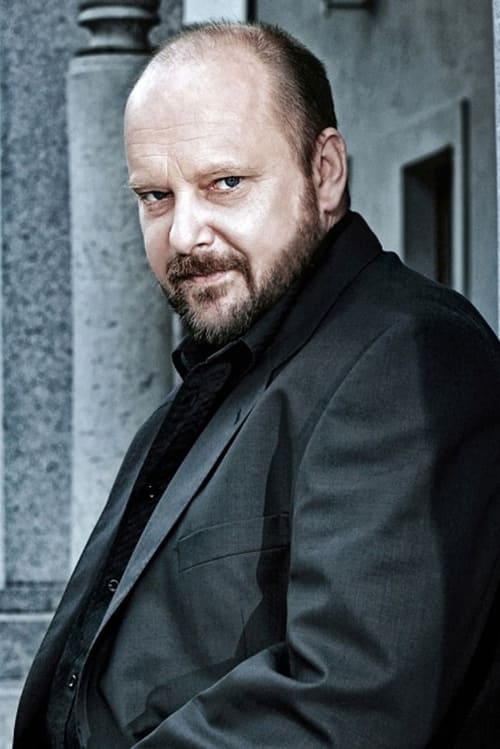Bread and Circuses (2011)
Gênero : Comédia
Runtime : 1H 32M
Director : Klemen Dvornik
Sinopse
Bread and Circuses is a comedy with a sent of nostalgia about socialistic Yugoslavia's last breaths looking forward into brighter future days than they appear to be at the moment. Family Novak from a small town Velenje is drawn by lot to participate in a TV family quiz. The mother and the daughter are thrilled about appearing on TV, whereas the father and the son do not like the idea that much, especially because the show will take place during the carnival. On their way to the TV show the family gets into a misunderstanding with the police, at the TV station they get confused by a group of dressed up cocks, and things get truly interesting when the family gets to know the quiz moderator Jos Bauer better. Everything about the TV station seems quite different from up close and the family members' values are turned upside down.
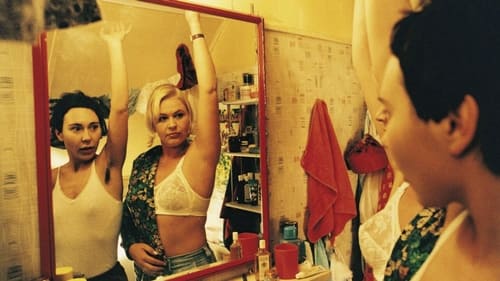
Elisabeth leaves her abusive and drunken husband Rolf, and goes to live with her brother, Göran. The year is 1975 and Göran lives in a commune called Together. Living in this leftist commune Elisabeth learns that the world can be viewed from different perspectives.
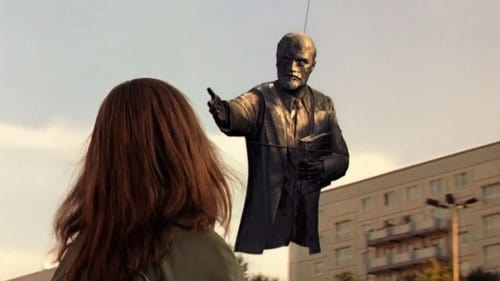
A mãe de Alexander, fiel devota do socialismo na antiga Alemanha Oriental, tem um ataque cardíaco ao ver o filho em uma passeata contra o sistema vigente. Quando ela acorda do coma, após a queda do muro de Berlim, o médico aconselha a Alexander que ela evite emoções fortes, pois outro ataque tão cedo seria fatal. Com o peso na consciência pelo estado atual de sua mãe, Alex faz de tudo para que ela continue vivendo em uma ilusória Alemanha socialista, mudando embalagens de produtos industrializados e até mesmo inventando documentários televisivos para preencher as brechas do dia-a-dia do recente capitalismo no país.
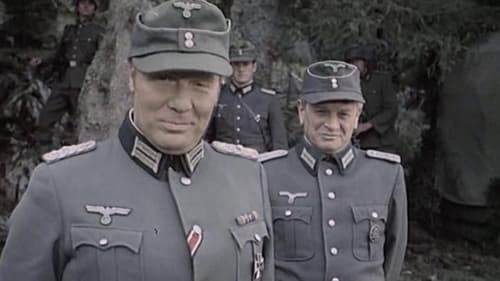
During the Battle of Sutjeska, partisan troops must endure 24 hours of big and heavy attacks on German units Ljubino grave, to the main Partisan units, with the wounded and the Supreme Headquarters, pulled out the ring that is tightened around them.
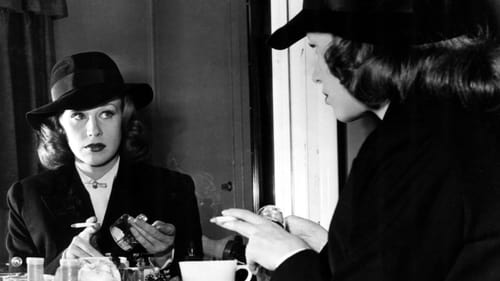
Um mensageiro do Departamento de Estado, Mike Kells, vai para a Trieste do pós-guerra, depois de falharem na coleta da encomenda de um colega. A Polícia Militar está feliz por ele se envolver, mas as coisas ficam um pouco difíceis. Afinal, ele é apenas um carteiro.
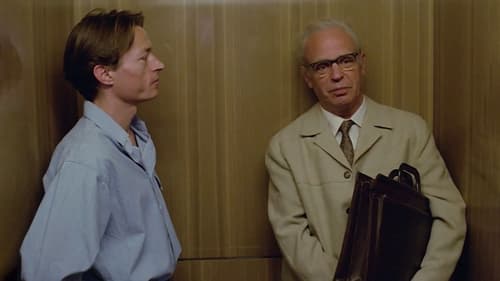
The architect Daniel Brenner is in his late thirties when he receives his first challenging and lucrative commission: to design a cultural center for a satellite town in East-Berlin. He accepts the offer under the condition that he gets to choose who he works with. This way, he reunites with former colleagues and friends - most of them architects or students of architecture who have since chosen a different profession due to personal restraint or economic confinement. Together, they develop a concept which they hope will be more appealing to the public than the conventional and dull constructions common to the German Democratic Republic. However, their ambitious plans are once and again foiled by their conservative supervisors. As frustration grows, Daniel has trouble keeping his career in balance with his family-life: his wife Wanda wants to leave for West-Germany.

A vida do violinista Frantisek Louka é um verdadeiro inferno. Demitido de uma importante orquestra da Tchecoslováquia, ele ganha a vida tocando em funerais no crematório da cidade. Seu sonho é comprar um carro e fazer uma bela viagem, mas ele não tem dinheiro algum. A sorte parece sorrir para ele quando decide casar com a prima de um dos coveiros, apenas para que a mulher possa obter a cidadania tcheca. Louka recebe uma ótima quantia em dinheiro, sem nenhuma obrigação… a não ser cuidar do filho de sua nova mulher, que resolveu desaparecer de uma hora para a outra, deixando a criança para trás! O nome do menino é Kolya, uma criança carinhosa e cheia de vida que está prestes a transformar, para sempre, a vida do rabugento Louka.
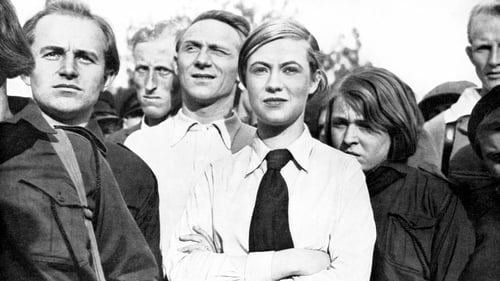
Kuhle Wampe takes place in early-1930s Berlin. The film begins with a montage of newspaper headlines describing steadily-rising unemployment figures. This is followed by scenes of a young man looking for work in the city and the family discussing the unpaid back rent. The young man, brother of the protagonist Anni, removes his wristwatch and throws himself from a window out of despair. Shortly thereafter his family is evicted from their apartment. Now homeless, the family moves into a garden colony of sorts with the name “Kuhle Wampe.”

A working class teenager comes of age in 1910s rural Sweden, moving through a series of jobs and romances that gradually shape his future.

A French woman falls in love with a Yugoslavian man, not realizing that he is an illegal immigrant.
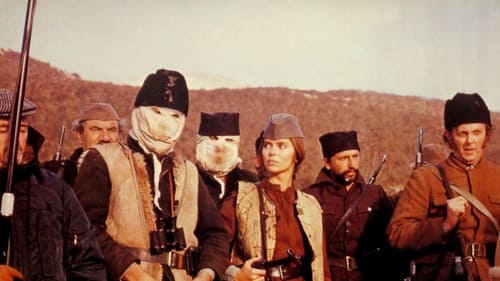
Retornando com êxito de uma missão, a destruição dos canhões de Navarone, Mallory e Miller são enviados à Iugoslávia em outra tarefa quase impossível. Durante sua jornada, eles se juntam ao Comando 10, um grupo de bravos combatentes norte-americanos liderados pelo tenente-coronel Barnsby. Mas chegando à Iugoslávia, eles são capturados pelos alemães e falham na missão que parecia segura.

The Weight of Chains is a Canadian documentary film that takes a critical look at the role that the US, NATO and the EU played in the tragic breakup of a once peaceful and prosperous European state - Yugoslavia. The film, bursting with rare stock footage never before seen by Western audiences, is a creative first-hand look at why the West intervened in the Yugoslav conflict, with an impressive roster of interviews with academics, diplomats, media personalities and ordinary citizens of the former Yugoslav republics. This film also presents positive stories from the Yugoslav wars - people helping each other regardless of their ethnic background, stories of bravery and self-sacrifice.
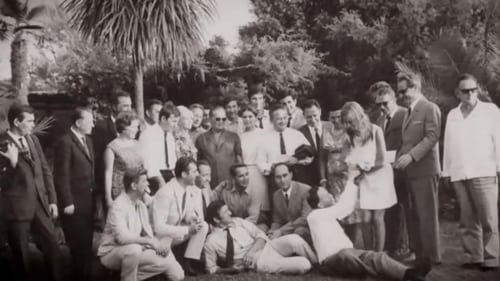
Esta espantosa e agridoce crónica da indústria cinematográfica jugoslava reconta como o cinema foi usado, muitas vezes com a intervenção direta do presidente Josip Broz Tito, para criar e recriar a história da jovem nação, repleta de heróis e mitos que nem sempre aderiam estreitamente à realidade.

Miklós Fenyö's parents returned to Communist Hungary in the mid sixties - when everyone else was fleeing to the West. Miki's old friends don't know what to make of his outrageous clothes, flawless American accent and collection of original Buddy Holly 45s. His childhood sweetheart is cold and distant while local tough guy Röné is unmoved by the challenger to his rock 'n' roll crown. But that's not all. When the authorities see the effect Miki's gyrating hips and lewd music have on teenage girls, they won't stand for it. His father's job is on the line, and, for the first time, Miki must play by the rules. He has no choice but to enter the local talent show...
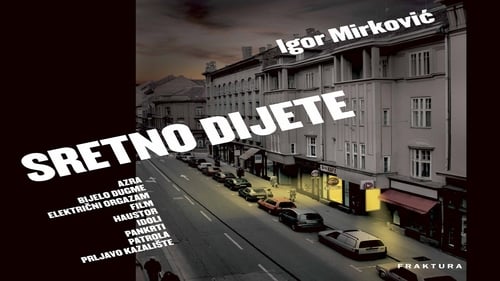
The Happy Child is a story of "New Wave" rock genre predominant in the ex-Yugoslavia during the socialist 70's and 80's.
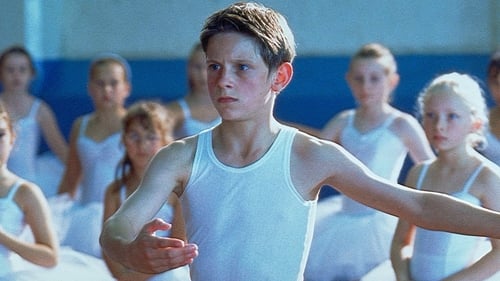
Billy Elliot um garoto de 11 anos que vive numa pequena cidade da Inglaterra, onde o principal meio de sustento são as minas da cidade. Obrigado pelo pai a treinar boxe, Billy fica fascinado com a magia do balé, ao qual tem contato através de aulas de dança clássica que são realizadas na mesma academia onde pratica boxe. Incentivado pela professora de balé, que vê em Billy um talento nato para a dança, ele resolve então pendurar as luvas de boxe e se dedicar de corpo e alma dança, mesmo tendo que enfrentar a contrariedade de seu irmão e seu pai sua nova atividade.

Hannah (Sarah Polley) tem 30 anos, é introvertida, solitária, misteriosa e trabalha numa indústria têxtil. Ela vai passar as férias num pequeno povoado costeiro, em frente a uma plataforma petrolífera. Um incidente faz com que ela permaneça alguns dias na plataforma cuidando de Josef (Tim Robbins), que sofreu uma série de queimaduras que o deixaram cego temporariamente. Com ele trabalham vários outros homens, cada um com uma personalidade marcante.

A dog inherits a fortune and becomes an influential capitalist snob in the human world.
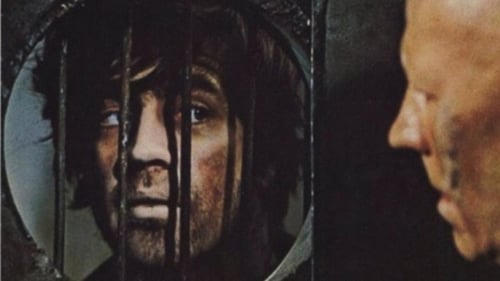
Set in tsarist Russia around the turn of the century and based on a true story of a Russian Jewish peasant Yakov Bog who was wrongly imprisoned for a most unlikely crime - the “ritual murder” of a Gentile child in Kiev. We witness the unrelenting detail of the peasant handyman's life in prison and see him gain in dignity as the efforts to humiliate him and make him confess fail.


